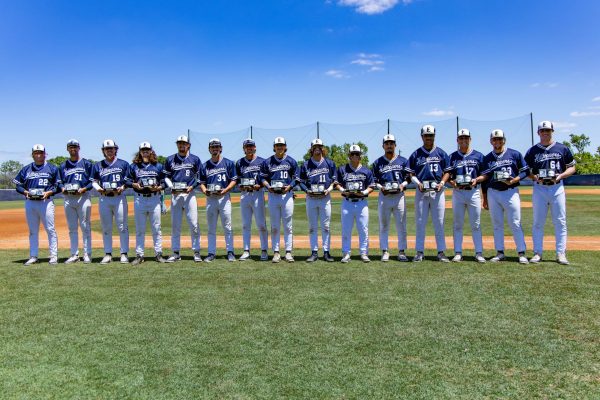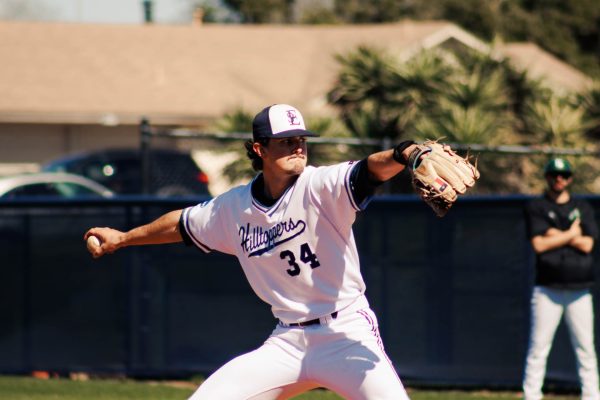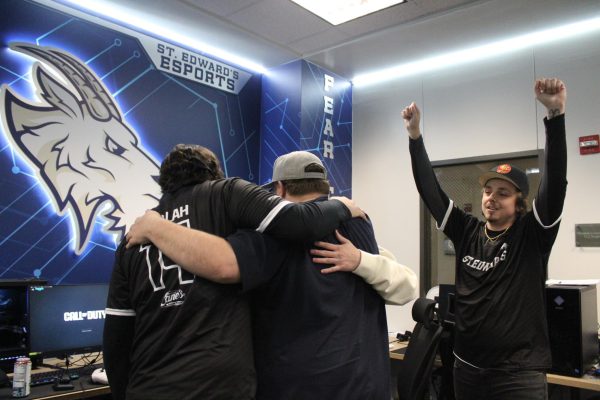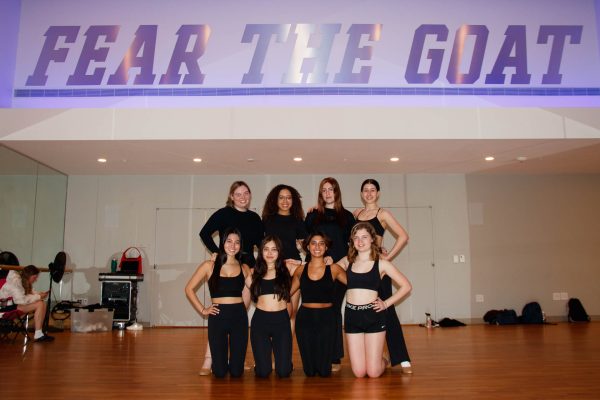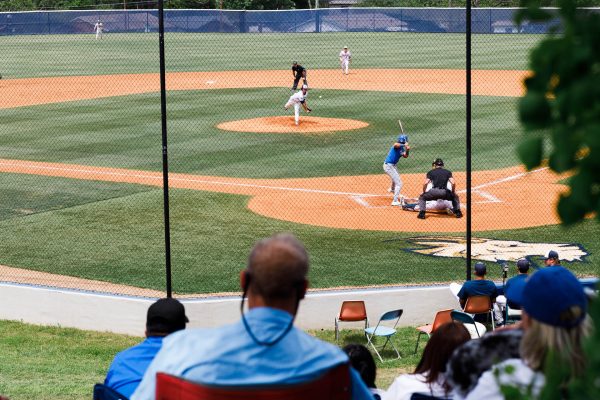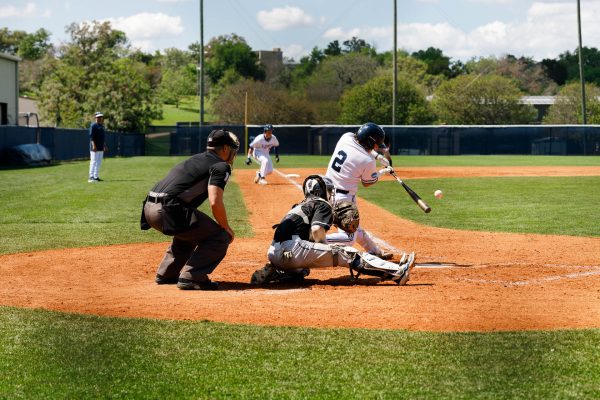COMMENTARY: Why Cuban-American José Fernández’s life matters now outside of baseball
On Sunday morning, the sports world learned of Miami Marlins pitcher José Fernández’s death. The 24-year-old baseball player died in a boating accident on the same waters he had braved multiple times when trying to defect Cuba a decade ago.
One of his last posts on Twitter says, “If you were given a book with the story of your life, would you read the end?”
I don’t think Fernández would have read his final chapter – so let’s not focus on it. Instead, let’s talk about his life before he was an All-Star ace, when he was a kid trying to escape Cuba for a chance at the “American Dream” in the United States. Let’s talk about the close family bond he had with his Abuela. Let’s talk about immigrants.
ESCAPING CUBA:
During the decades of Fidel Castro’s reign of communism and national oppression, millions of Cubans chose to leave Cuba by braving the nearly 100 miles of water to the shores of Miami. One of these Cubans walks the hallways of St. Edward’s University. Thousands of other Cubans find refuge in the Sunshine State of Florida – just like Fernández did.
Before Fernández was 15, he had already been imprisoned three times for the same offense: “Being a traitor to Fidel Castro,” per CBS Sports. Each violation increased the number of months the teenager would spend in jail alongside adult criminals.
Still, leaving his extended family, risking imprisonment and making the treacherous voyage were worth the chance to have freedom, political rights and play the game he loved.
In 2008, Fernández and his mother tried to defect Cuba a fourth time during high tide in the middle of the night on a small speedboat. They were trying to reach Fernández’s father who had already reached Tampa three years earlier, after 15 defection attempts.
“Somebody fell off the boat. I didn’t know who it was,” Fernández said in an interview. “So I jumped in the water and when I got close, I saw it was my mom.”
He was 15, selflessly risking his life to save someone else’s. Fernández and his mother made it to Mexico then traveled illegally to Miami. He learned English, as he embraced his new home and garnered a 30-3 record at Braulio Alonso High School. With a 98 mph fastball, the Marlins selected him in the first round of the 2011 MLB draft.
As Fernández was taking the Major Leagues by storm during his rookie season, his grandmother would climb atop the roof of her little house in Cuba to receive the Marlin’s Spanish radio broadcast.
In his humble beginnings, he would often play outside with an orange, instead of a baseball. Fernández’s grandmother taught him how to catch. She was the most important person to him, and she was the only person missing now that we was a professional ace.
In 2013, the Marlins arranged an expedited Visa for the baseball player’s grandmother, reuniting the family. This emotional surprise left Fernández speechless and made him even better on the mound with his biggest fan cheering him on from the stands.
When a young fan would ask Fernández for his autograph, he would often ask the fan for theirs in return. He made sure to thank his coaches for giving him the opportunity to pitch. He volunteered and used his fame to promote various charities.
His success story represents the best of immigrant values. Most immigrants leave everything that is familiar to them to start from the bottom. Immigrants like Fernández know the value of hard work and family.
The United States was founded by immigrants, so it seems hypocritical not to allow immigrants into this country. Sure, having entrance rules and enforcing legal residency is the right thing to do, but the truth is the immigration system in the United States is broken. It takes years and thousands of dollars to relocate to this country legally, causing people to immigrate illegally.
Immigrants – whether they are here legally or illegally – don’t steal jobs; they perform jobs that typical Americans don’t want to do. Not only that, immigrants start businesses and create more jobs. They contribute to the economy by paying taxes, and do not free-load American benefits like some people stereotypically believe.
For people who are fleeing wars, corruption and poverty, they simply cannot afford to do things the right way. And in Cuba, the government has forbidden people to leave the country without extensive, expensive paperwork. So those seeking a chance at a better life have to sacrifice the little they have to enter this country of privilege and prosperity.
In March, U.S. President Barack Obama met with Cuban President Raúl Castro as a sign of diplomatic progressiveness that has led to ideas of travel, athletic events, family visits, and commerce between the two nations. MLB Ambassadors Joe Torre and Derek Jeter also joined the trip to Havana, as the Cuban National Team hosted the Tampa Bay Rays in an exhibition baseball game.
Now with presidential race getting tighter, it is important to acknowledge how presidential hopefuls Donald J. Trump and Hillary Clinton view foreign relations with Cuba and the issue of immigration as a whole.
As the first Cuban-born player to win the Jackie Robinson Rookie of the Year award with 26 of 30 first place votes, Fernández represents hope for Cubans to succeed on American soil. He represents the power of youth, as he holds several pitching records and is the youngest MLB All-Star to die.
“He was one of our game’s great young stars who made a dramatic impact on and off the field since his debut in 2013,” MLB Commissioner Rob Manfred said in a press release. “Our thoughts and prayers are with his family, the Miami Marlins organization and all of the people he touched in his life.”
The day of Fernández’s death, the broken-hearted Marlins canceled their game against the Atlanta Braves. On Monday, the Marlins hosted the New York Mets, winning 7-3. Fernández had been scheduled to pitch, so Miami painted a bright orange No. 16 on the mound where where he would have stood.
Several players had tears in their eyes before the game, as right fielder Giancarlo Stanton told the Marlins in a huddle, “We’ll all come together and help each other out. We’re going to do this somehow. Just put your hand on somebody if somebody is struggling, pick them up. And we’re going to find a way to do this. I love all you guys.”
The team honored its fallen Marlin by wearing his name and jersey number on their backs, and somberly leaving their caps on the pitcher’s mound afterwards.
Miami Marlins leave their hats on the pitching mound to honor the late Jose Fernandez. (Getty) #photooftheday https://t.co/himxFmZsVe pic.twitter.com/egzMbWUrg2
— Sports Photos (@sportsphotos) September 27, 2016
“No one will wear No. 16 again,” owner Jeffrey Loria said Monday, as the Marlins organization plans to retire Fernández’s jersey number.
So, if you were given a book with the story of your life, hope that you made every page count. Just like Fernández, live with a big smile on your face.
José Fernández was a monumental talent, the kind that comes along only a few times in a generation: https://t.co/wnnrkRrx6q pic.twitter.com/XHVrX0kzaJ
— FiveThirtyEight (@FiveThirtyEight) September 26, 2016


